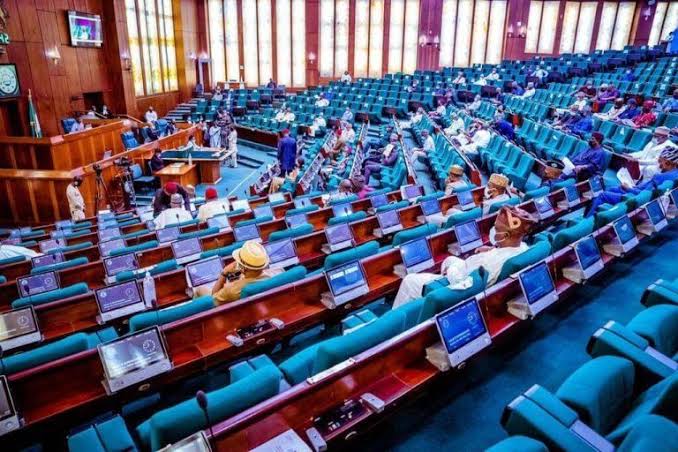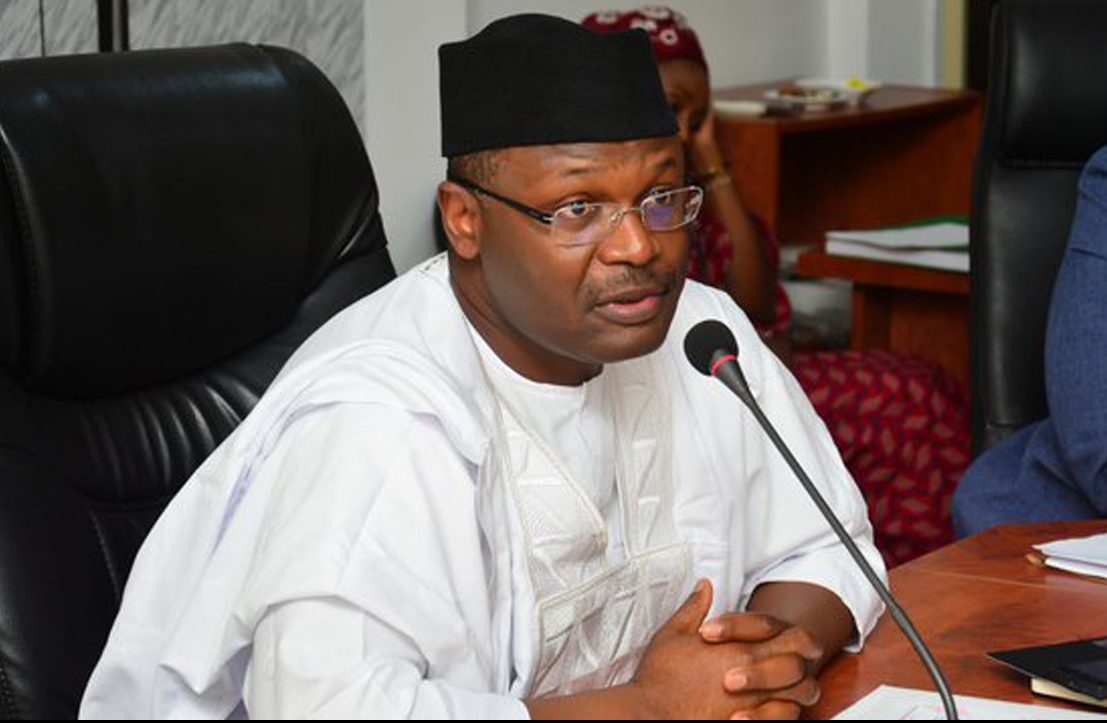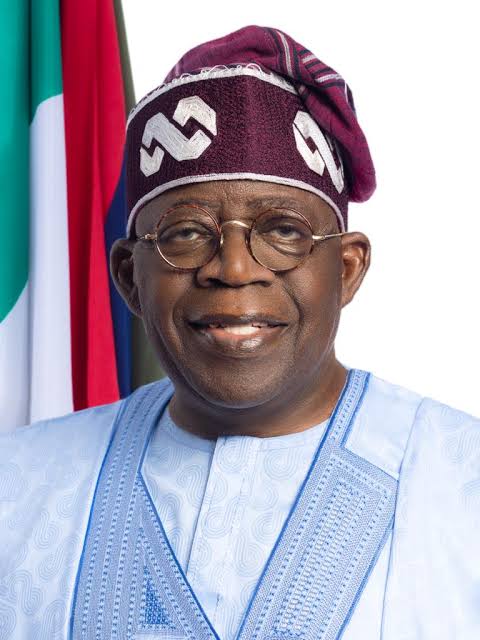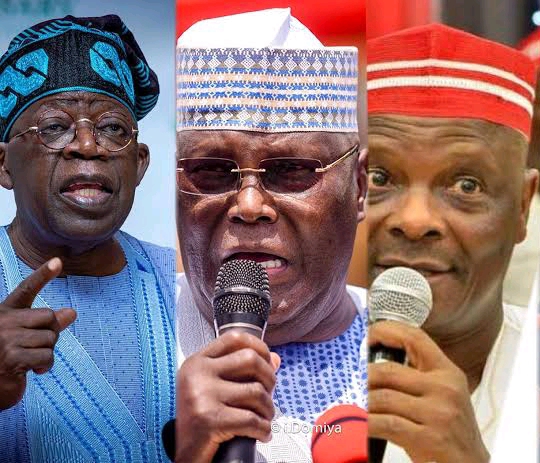Isaac Samuel
A bill proposing to make voting compulsory for all eligible Nigerians scaled second reading in the House of Representatives on Thursday.
Titled “A Bill for an Act to Amend the Electoral Act 2022 to Make It Mandatory for All Nigerians of Majority Age to Vote in All National and State Elections and for Related Matters,” the draft legislation seeks to criminalise voter abstention, with proposed penalties including a fine not exceeding N100,000 or imprisonment for up to six months.
Introduced by Speaker of the House, Tajudeen Abbas, in February, the bill returned to the floor on Thursday, where it was formally presented by co-sponsor Daniel Asama, who represents Bassa/Jos North Federal Constituency.
Arguing in support of the bill, Asama said mandatory voting would invigorate Nigeria’s democracy, foster civic engagement, and help reduce the persistent problem of voter apathy.
Citing global examples, the lawmaker noted that countries such as Australia, Belgium, and Brazil have adopted compulsory voting laws, and it has led to increased political participation and enhanced public accountability.
“Voting is not only the right, but a civic responsibility. For global precedents, several democracies including Australia, Belgium and Brazil, for instance, have adopted mandatory voting for the positive outcomes in terms of political participation and public accountability. For electoral apathy and voter inducement, mandatory voting can significantly reduce the influence of vote buying as more citizens vote”, the lawmaker argued.
Echoing similar sentiments, Deputy Speaker Benjamin Kalu described the bill as a welcome initiative aimed at reinforcing civic duty.
According to him, Nigerians are often quick to criticise governments but less eager to perform their democratic responsibilities.
Kalu said: “In other climes that we have travelled to or lived, personally in Australia, it is actually an offence for you not to vote during elections. So it is a good proposition coming out from you and the person that partnered with you to sponsor this bill”.
However, not all lawmakers supported the bill.
Awaji-Inombek Abiante, who represents Andoni-Opobo/Nkoro Federal Constituency, raised concerns about the feasibility of enforcing such a law.
He questioned how the provision would apply to Nigerians living abroad or those unable to reach polling units due to poor infrastructure.
“There are people who register in this country and they are in Ghana, they are in the US, they are in Australia, they are in London. Who will provide the logistics for them to come? If you say it is compulsory, probably you will deny them a renewal of their passports. So how will they get to my village for instance”, Abiante queried.
Kalu, rising on a point of order, cautioned Abiante to stick to the principle of the bill and not delve into implementation hurdles.
Speaker Abbas later clarified that the proposed law would likely include exemptions, noting that no legislation is without provisions for special circumstances.
Another member, Esset Udo, representing Uyo/Uruan/Nsit Atai/Asutan/Ibesikpo Federal Constituency, supported the bill in principle but warned that compelling citizens to vote in a flawed system could be counterproductive.
“The real issue is trust. Citizens have lost confidence in the electoral process. Even if we mandate voting, we must also guarantee that votes will count,” he said,
Kalu again interjected, ruling Udo’s comment out of order.
Still, Abbas acknowledged the lawmaker’s concerns and suggested that restoring public faith in governance was one of the bill’s long-term goals.
Backing the bill, Dr. Ghali Mustapha Tijjani, who represents Albasu/Gaya/Ajingi Federal Constituency, described it as one of the most visionary proposals introduced in the current session.
Following an extended debate, Abbas put the matter to a voice vote. Though a louder “nay” was heard, the Speaker ruled in favour of the “ayes.”
The bill was referred to the House Committee on Electoral Matters for further scrutiny.





